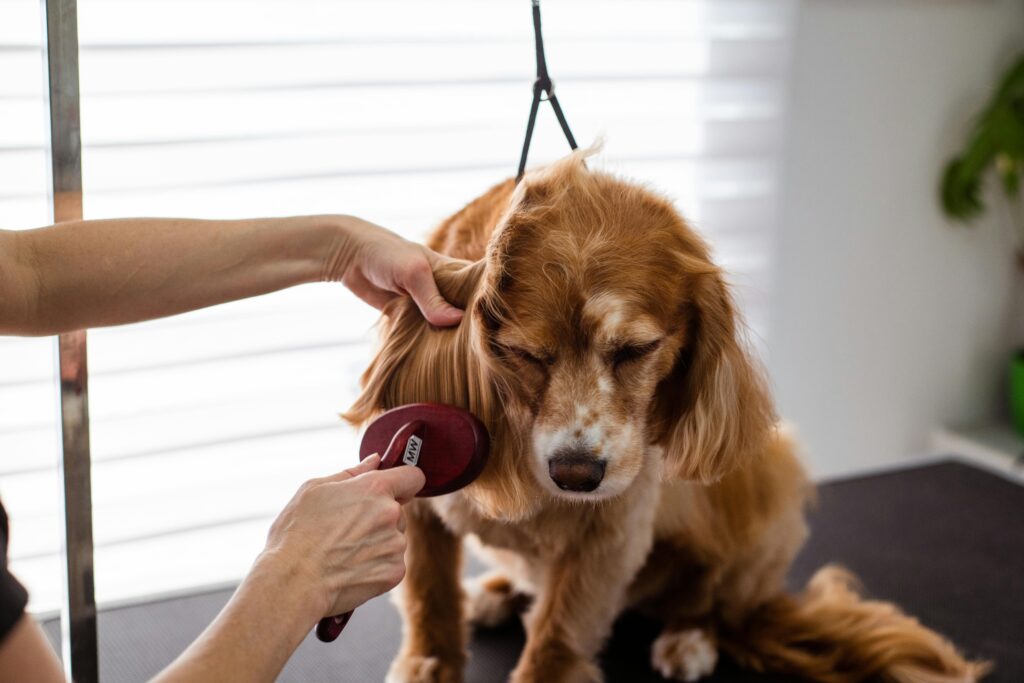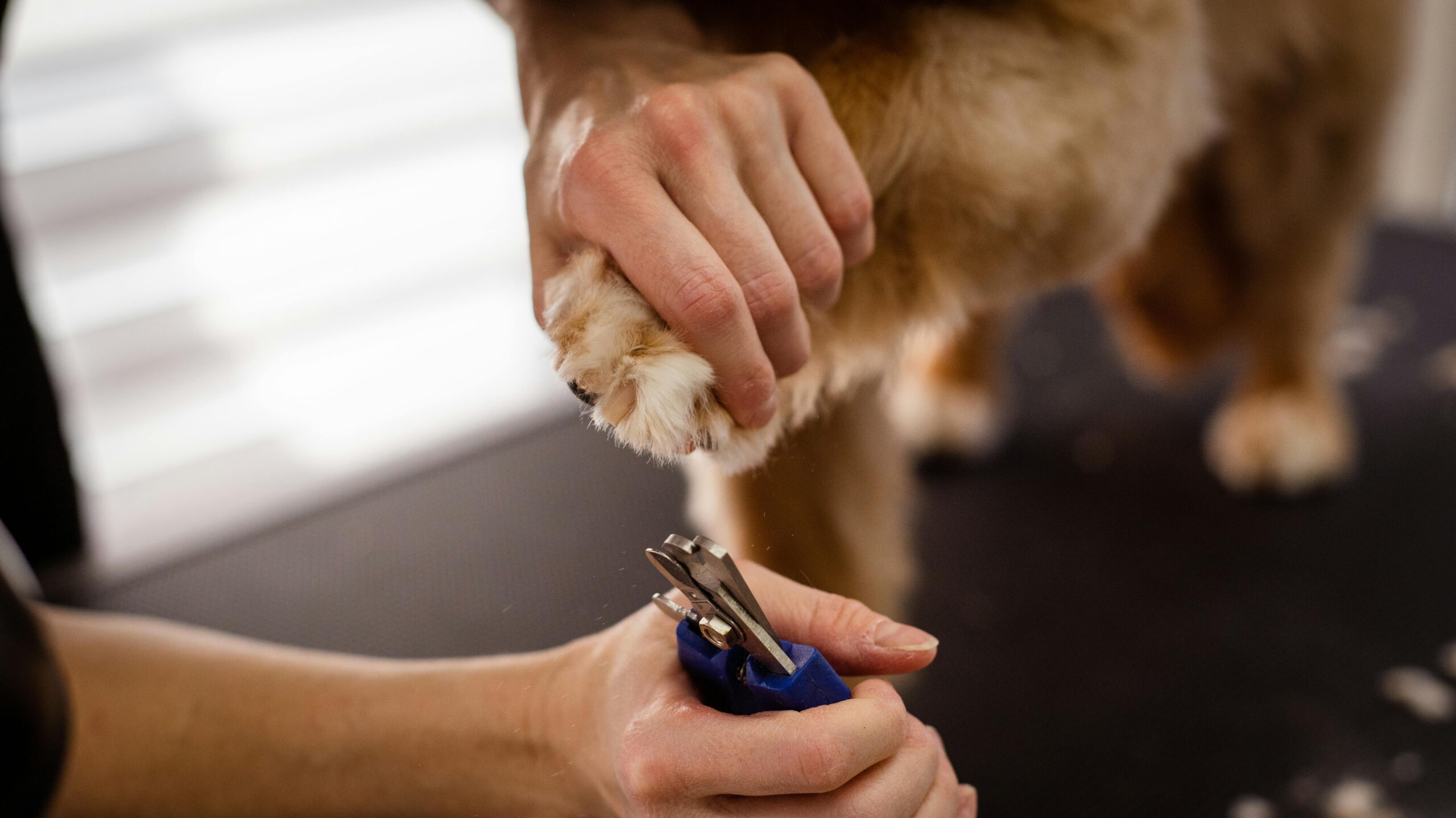Summer offers outdoor events, enjoyment, and sunlight. Still, it also presents difficulties especially for our animal pals. Taking care of animals in hot weather calls for more focus to ensure their comfort and safety. This thorough guide will enable you to make sure your dogs love the summer as much as you do and help you take care of them.

Keep Your Pets Cool and Comfortable
Provide a Shady Spot
Under direct sunlight, pets can rapidly overheate. Make sure your dog has access to a shady area inside with the curtains closed, beneath a tree, in a doghouse, or otherwise. Great for outdoor outings are portable pet tents or umbrellas as well.
Use Cooling Accessories
Pets may stay cool with pet specific bandanas, vests, or cooling mats. These things come especially handy for walks or outdoor recreation. Frequent cool water washing of your pet’s paws and fur helps control their temperature.
Ensure Proper Ventilation
Should your pet remain indoors, keep a moderate temperature with air conditioning or fans. Even with the windows open, avoid leaving pets in enclosed areas like vehicles since the inside temperatures can soar in minutes.
Hydration is Key
Keep Water Readily Available
Make sure your pet always has access to fresh, clean water. Regularly replenish their water bowls; think about setting many bowls in your house and yard to inspire drinking.
Use Ice Cubes for Cooling
To keep your pet’s water bowl chilly, toss a couple of ice cubes in there. As a treat, some dogs also like licking ice cubes nevertheless, be careful with little pups to prevent choking problems.
Offer Hydrating Treats
For most dogs, fruits like cucumbers and watermelon seedless are safe and can offer additional hydration. Before you offer any fruits or veggies, always confirm again whether they are safe for your particular pet.
Exercise with Caution
Walk Pets During Cooler Hours
Plan walks late in the evening or early in the morning when tempers are lower. Steer clear of the noon heat to lower your chance of hyperthermia or burned paws on hot asphalt.
Check the Ground Temperature
Try the pavement with your palm or barefoot before you leave. It’s too hot for your pet’s paws if it is too hot for you. Choose grassy sections or give your pet protective booties.
Adjust Activity Levels
Under excessive heat, cut the intensity of running or fetching games. Shorten your playtime and keep an eye on your pet for overheating or tiredness.
Protect Pets from Sunburn and Heatstroke
Use Pet Safe Sunscreen
Sunburn is more likely in light colored or thin fur pets. To guard sensitive regions like the nose, ears, and belly from damaging UV light, use pet safe sunscreen.
Recognize Signs of Heatstroke
Look for signs that include vomiting, drooling, tiredness, or too frequent panting. Move your pet to a cooler spot, offer water, and call your veterinarian right once if you suspect heatstroke.
Avoid Overgrooming
Although frequent grooming is important, steer clear of completely cutting off your pet’s fur. Their coat shields them from both sunburn and heat.
Summer Nutrition Tips
Adjust Food Portions
Pets’ appetites could be lower in warmer weather. Provide smaller, more frequent meals to suit their energy level. Wet food spoiling quickly in the heat means avoiding leaving it out too long.
Provide Cooling Snacks
Refreshing ways to keep your pet cool are frozen treats created from pet safe foods like plain yogurt, chicken broth, or pureed fruits.
Avoid Toxic Foods
Foods like chocolate, onions, or alcohol which are harmful to dogs are common during barbecues and picnics. Keep things away from reach and inform visitors about pet safe eating.
Water Safety for Pets
Supervise Swimming Sessions
Not all dogs swim naturally. Watch your pet constantly near lakes, rivers, or the sea. For extra safety especially in deeper waters use a pet life jacket.
Rinse After Swimming
Your pet’s skin may get irritated by saltwater, chlorine, or lake bacteria, which also can cause diseases. After swimming, rinse your pet well with fresh water to get any traces off.
Keep Drinking Water Separate
Pets might attempt drinking from lakes or pools, which might contain dangerous bacteria or chemicals. Make sure kids have safe drinking water access so they won’t consume dangerous water.
Prevent Fleas, Ticks, and Parasites
Use Preventative Treatments
For fleas, ticks, and other parasites, summer is peak. Keep your pet safe using prophylactic treatments advised by vets.
Check Your Pet Regularly
After outside activities, check your pet’s fur and skin for fleas, ticks, or bites. Using tweezers or a tick removing instrument, remove any ticks right away.
Keep Your Environment Clean
To reduce the possibility of parasite infections, routinely wash the bedding for your pet and keep your yard neat. Pests are also controlled by mowing the grass and clearing standing water.
Travel Safety During Summe
Plan Pet Friendly Trips
Make sure the destination is pet friendly when flying with animals. To make the trip fun for everyone, investigate lodging, parks, and restaurants that allow dogs.
Never Leave Pets in Cars
In minutes, a car’s interior temperature can increase to dangerously high levels even with windows open. Bring your pet with you anytime you get out of the car if you are traveling with one.
Use Proper Restraints
Traveling with your pet safely depends on a pet carrier or seatbelt harness. This guarantees their safety and stops driving distractions.
Keep Exotic Pets Safe
Regulate Indoor Temperatures
Make sure the habitats for animals like reptiles, birds, or rabbits are cool and well ventilated. Steer clear of setting tanks or cages in direct sunlight.
Provide Proper Humidity Levels
Specific humidity needs abound for exotic animals. To maintain suitable levels for your pet’s health, use a humidifier or misting system.
Monitor Behavior for Stress
Unusual behavior that points to overheating or stress could be decreased activity or hunger loss. Should you observe any alarming symptoms, see a veterinarian.
Prepare for Emergencies
Have a Summer First Aid Kit
Create a pet specific first aid box, including a veterinarian’s emergency contact list, bandages, and antiseptic wipes.
Learn Basic First Aid
In an emergency, knowledge of CPR or cool down techniques for an overheated pet might literally save a life. Pet first aid classes are provided by many local animal shelters or groups.
Keep Contact Info Handy
Easily get the contact details for your veterinarian and the closest emergency animal clinic. In a crisis, a quick response can make all the difference.
Encourage Pet Friendly Summer Fun
Summer is ideal for planning special events involving your animals. You can safely enjoy the season with some preparation and regard for their well.
Fun Summer Activities for Pets
Create a Backyard Oasis
If dogs or even some cats like water play set up a small splash pool or sprinkler in your yard. They will be kept cool and entertained quite nicely with this.
Plan Pet Friendly Outings
Take your dog on excursions, including park visits, beach trips, or hiking. To keep them comfortable, pick sites with shaded sections and water access.
Organize Playdates
One interesting method your pet might use to remain active is socializing with other animals. Organize a pet friendly event where owners might trade advice and anecdotes while their animals can play securely.
Training and Enrichment for Hot Days
Indoor Training Sessions
One great chance to teach your pet fresh skills indoors is on hot days. This keeps their thoughts busy and away from outside heat.
Use Puzzle Toys
Interactive puzzle toys are fantastic for keeping your pet cognitively occupied. Treats or kibble will fill them and provide both entertainment value and a reward.
Practice Calm Behaviors
Pets may get restless or agitated in hot temperatures. Spend some time strengthening peaceful habits like settling down on demand, which will help in many contexts.
Educate Yourself on Breed Specific Needs
Know Your Pet’s Heat Tolerance
Heat tolerance varies between breeds. Because of their short noses, brachycephalic breeds like pugs and bulldogs, for instance, are more likely to overheat.
Adapt Care Based on Coat Type
Huskies and other double coated pets may need frequent brushing to clear extra undercoat. Still, their fur provides natural insulation; hence, shaving it would not be advisable.
Consider Age and Health Factors
Summer calls for additional care for senior dogs, puppies, and those with medical issues. See your veterinarian for ideas that cater to their situation.
Conclusion
Caring for pets during summer involves understanding their unique needs and taking proactive steps to protect their health and happiness. By providing plenty of shade, hydration, and mindful activities, you can ensure your pet thrives in the warmer months.
